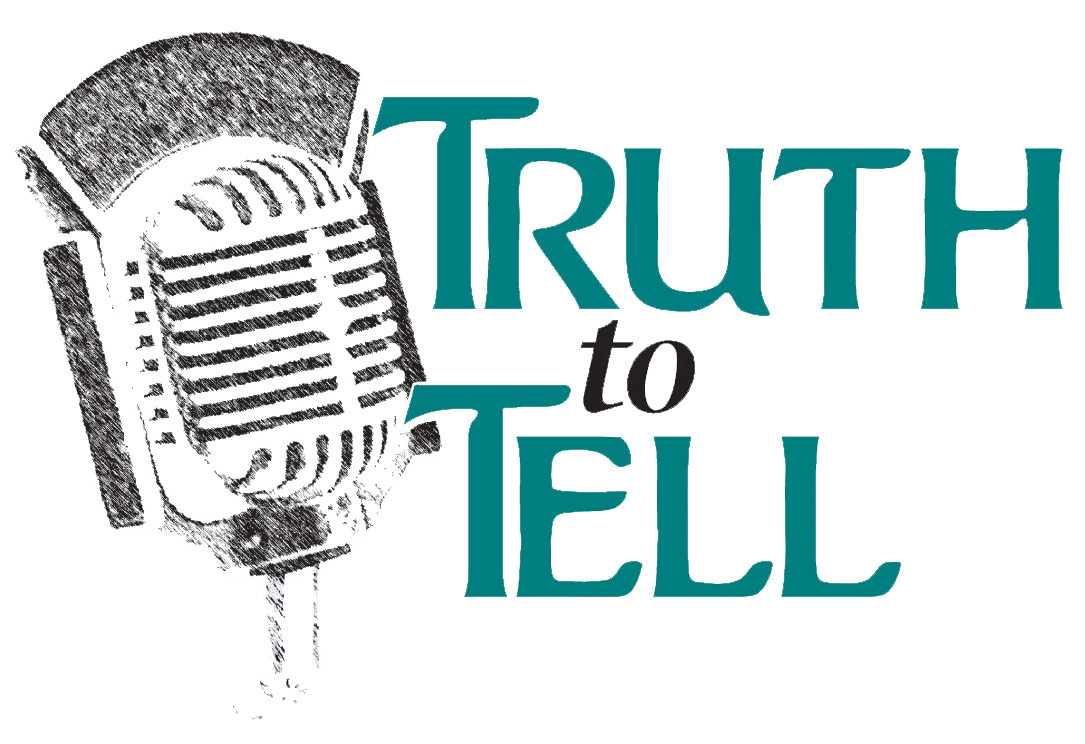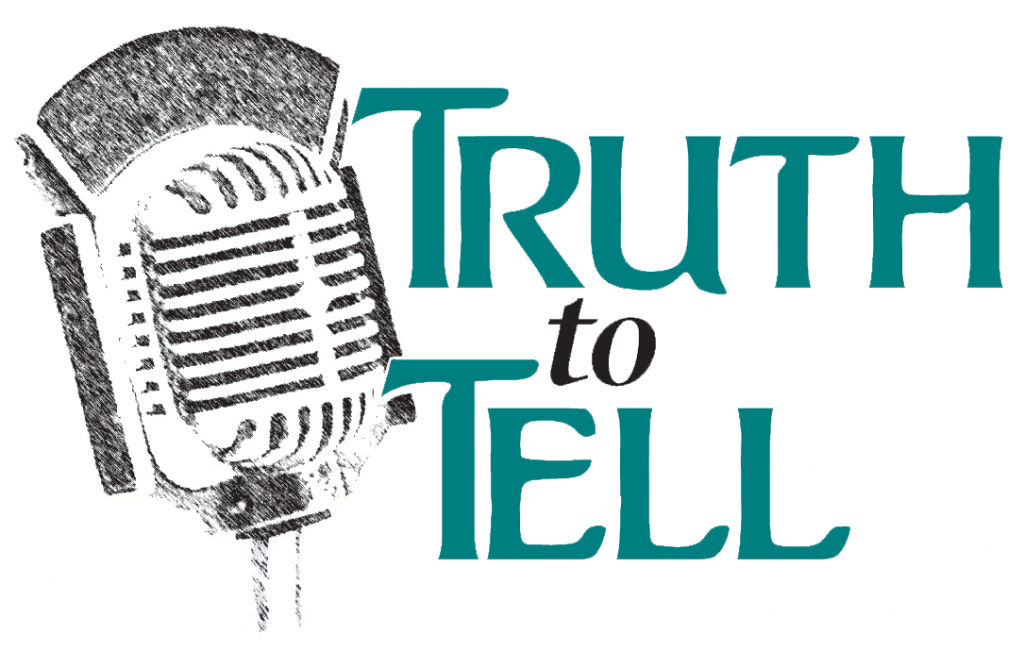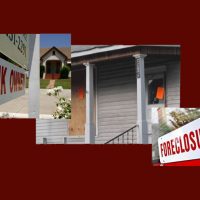ttt1305-feb_4-foreclosuretrauma
HELP US BRING YOU THESE IMPORTANT DISCUSSIONS OF COMMUNITY INTEREST – PLEASE DONATE HERE!
~~~~~~~~~~~~~~~~~~~~~~~~~~ LATE-BREAKING NEWS:
News reports these days are rife with stories about the “improving” economy, the slowly dropping unemployment rate but a surging and record Dow Jones average, bank profits, dipping gasoline pump prices – and, biggest of all, the bottoming out of real estate values and improving home sales – in volume and prices.
Why, then, are foreclosures still rising, especially among low-wealth and communities of color? Why are banks still throwing so many people out of their houses and other home units? And why are those banks selectively balking at restructuring mortgages and the debt that comes from plunging underwater – owing more on one’s mortgage than the home is worth anymore.
People who have dropped underwater on their mortgages should not be blamed or scapegoated for market forces completely out of their control or predatory lending practices that pushed them into mortgages they were told they could afford, but could not – and as long as they were willing to pay a “slightly” higher interest rate– subprime – but drained them of cash flow.
Most of us know that from the early 1990s through the early 2000s, mortgage lenders – banks and brokerages – were manipulating and fudging all the known rules for mortgage financing, lowering down payments to near zero, dropping interest rates to encourage refinancing, and issuing tempting but dangerous ARMs – adjustable-rate mortgages – ticking time bombs for homeowners if and when interest rates jumped in a future year. And they most assuredly would have – and did. But, in most cases, the banks remained only as collection agencies for the mortgage owners, now scattered all of the world after the bank bundled them up and sold them in pieces to investors everywhere.
These sales were not always limited to subprime buyers, because they became the tools for high volume sales and all the lending agencies were in cahoots with appraisers who were placed under great pressure to value properties at precisely what the banks set as the home’s value.
But along with all of this seemingly legitimate push into what was touted as more neighborhood- stabilizing homeownership and away from more transient rentals from absentee landlords came a crop of seriously underemployed and otherwise unqualified buyers. The subprime market personified. These same buyers then were often charged either exorbitant – or teetering interest rates just to get the sale.
Inevitably, the crash came, and the toll the mass of foreclosures has taken on this nation’s psyche and physical health has been as bad as the serious financial instability created for streets and communities completely stripped of their homes and the vacant housing left behind.
Resistance is being organized by advocates to the cold, often calculating foreclosures worthy of George Bailey’s (Jimmy Stewart) nemesis in “It’s a Wonderful Life,” Henry Potter (Lionel Barrymore), who, along with other events, nearly drives home loan company owner George to jump off a bridge, thinking himself as having no worth. This is the trauma and devastation – often physical – that accompanies foreclosure and the fight homeowners have to avoid eviction and homelessness.
Housing scholar Rachel Fang cites one study (Ross and Squires [2011]) in a proposal for her own, comprehensive look at the role housing plays in our lives and the toll foreclosure takes on us. Our home is “…a place of refuge, personal security, identity and freedom, offering individuals a sense of order, continuity and place of physical belonging. Most participants received psycho-social benefits from their homes, regardless of tenure, and the vast majority of homeowners reported that their homes provided them feelings of safety, privacy, freedom and control…”
Studies of several kinds have zeroed in on the financial and physical environment that families and communities – especially in areas of high subprime properties and concentrations of poverty – suffer as foreclosures descend on them, but comprehensive studies are less available combining those so-called quantitative elements with clear qualitative – call it quality of life, if you will – assessment of the psychological and physical impact on a family’s health and well-being, not to mention the collective trauma suffered by the community as a whole – like the North Minneapolis tornado did a couple of years ago – on predominantly African-American homeowners and renters that foreclosure rendered.
Most of us can only imagine what it must be like to have one’s belief in your ability to own the American Dream torn apart and being told you can no longer live in the house you have called home for, perhaps, ten, fifteen, or even twenty years – because you were oversold the mortgage to begin with and now you’re possibly among the millions of unemployed and, on top of it, owe more on the house that it’s worth. Why the bank wants it is anyone’s guess, but they want your home and you’re out of there. What this is doing to people is what February 4th’s TruthToTell is all about.
TTT’s ANDY DRISCOLL and MICHELLE ALIMORADI hear from a homeowner, her advocate and the University researcher examining the relationship between the financial and physical losses to the health problems foreclosure victims and their families and communities are facing.
NOTE: DOCTORAL CANDIDATE RACHEL FANG IS SEEKING INDIVIDUALS AND FAMILIES IN FORECLOSURE TO INTERVIEW FOR HER STUDY – If Interested or willing to contribute to this important work, call (or text) her at 612-327-0006-or email her at: fang0010@umn.edu
RACHEL FANG – PhD Candidate, Housing Studies Program – College of Design, University of Minnesota
GAYLE LINDSEY – Homeowner in foreclosure
CHRIS GRAY – Organizer, OccupyHomes Minnesota



